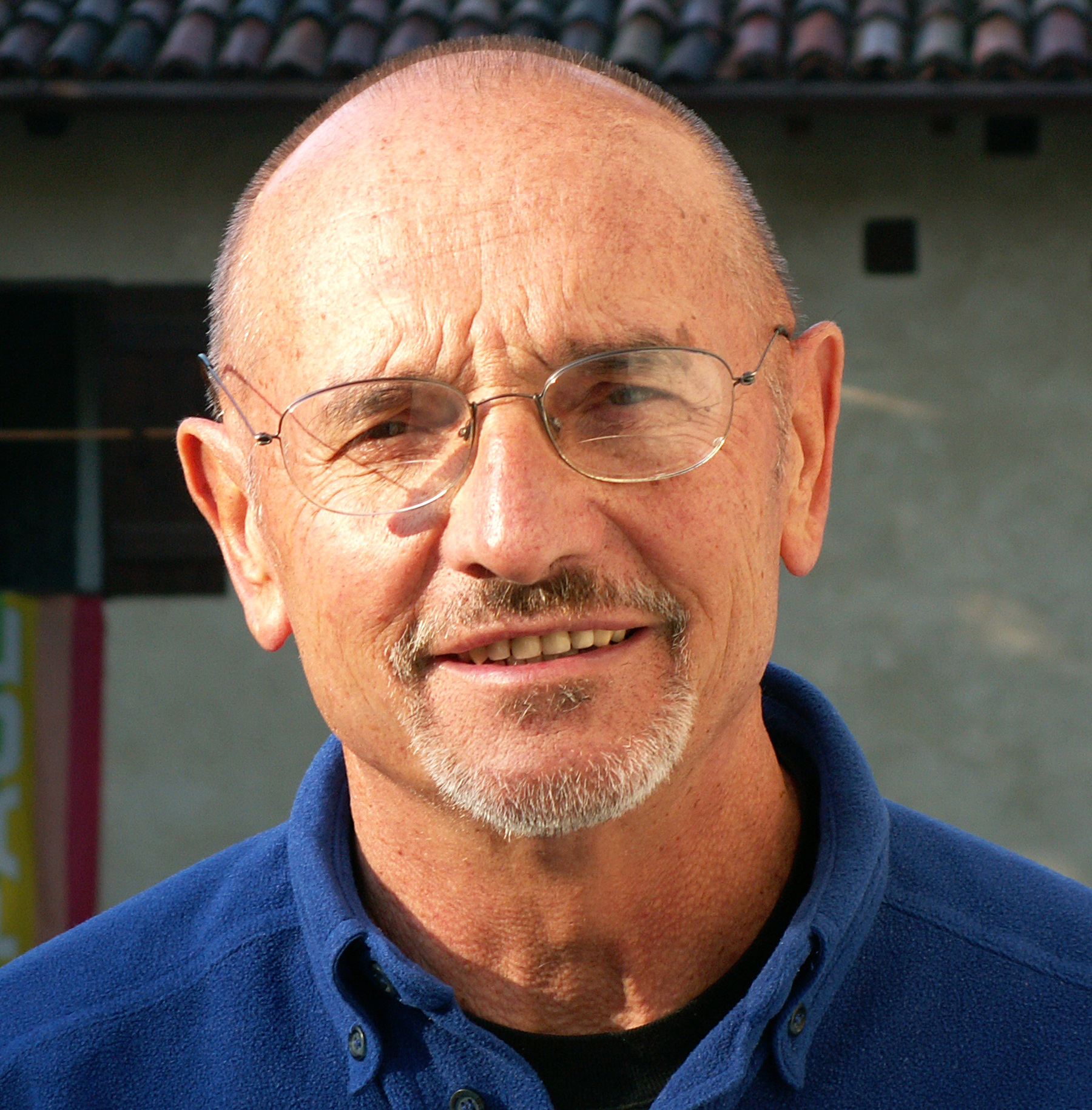The word “Mission” is related to “Mass,” and these words refer to the Eucharist. The Eucharist is the life of the children who love the Father and the brethren, therefore, it is the beginning and end of mission. It is the beginning because whoever loves the Father is sent to the brethren who still do not know Him. It is the end because mission wants to bring all the children to the same table in the joy of the Father. Human beings are made for joy, the fruit of returned love. The Eucharist is the sharing of a meal as children and brothers and sisters. The food maintains our physical life; the “way” we share food can give us our spiritual life.
If dogs feed from their bowls, showing their teeth at each other, human beings eat at table, “facing” each other. In our table of fellowship, we nourish one another on the love given and received. The common meal is sacrament of mutual love, God’s life and our life as His children. The Eucharist is not mere ritual. Our spiritual worship is very… down-to-earth: it is to live out our love for our brethren in concrete (Romans 12:1ff). For this reason, Paul tells those of Corinth that their gathering is not “eating the supper of the Lord”: they “eat and drink their condemnation,” because they act the opposite of what they celebrate.
They do not know how to “discern the Lord’s body” in their brothers who are poor. These actually, when they arrive at the Eucharist after having served their masters, don’t find food anymore because the rich have already grabbed and devoured everything (1 Corinthians 11:17-33). We are called to do like Jesus does who “takes” everything, even His own life, “giving thanks” to the Father. The Son lives His life and everything else as a sign of His love that gives everything; because of this, knowing that He is loved, He knows how to love: “He breaks and gives” to the brethren. He is the same as the Father because He not only receives but gives.
This is a blessed life that takes and gives, making a Eucharist of everything: joy, grace, beauty, goodness and love. It is the only possible way in this world; it is the most beautiful to think of. Instead, the existence of those who “take and eat” everything and everybody, without ever giving, bloats with curse and death.
“In the same house” – It is the house of the host who has become son because he welcomes the messenger like a brother. This house is open to the other and, therefore, to the Other, God: it is fragrant with life: it is the Church, the shelter of those who accept and are accepted. It is not built with cement or bricks that are all the same; it is made of “living stones,” persons all different from each other, who must adapt one to the other in order to form the temple which is pleasing to God (1 Peter 2:4ff). Here is the worship in “Spirit and in truth” (John 4:24), in the Spirit of love who is our truth as children of the Father.
“And remain” – Here we can live. For one lives where he is loved: his abode is the one who loves him. But even the loved one is abode of the lover, because we abide more where our heart is than our body is. This mutual abiding in love is the way we share the Trinitarian life, God’s abiding on this earth and our earth abiding in God.
“Eating and drinking” – We are not what we eat and drink but how we eat and drink. We must adopt the Son’s style, who receives everything and gives everything. His body, as a Brother gives us the Father’s love: His very own Spirit who makes us children of the Father and, therefore, brothers and sisters among ourselves.
“What they provide (what comes from them)” – Whoever welcomes the messenger, becomes fully a child of God: he is the same as the Father who accepts and gives. The words “house,” “to abide,” “to eat and drink” and the expression “what they provide (what comes from them)” are hints pointing to the Eucharist, the beginning and end of Mission.
“For the laborer deserves his wages” – The recomposed brotherhood is the wages of the laborer and the Father’s joy. The wages gathered in by the laborer, who made himself poor in order to make the brethren rich because of his poverty (2 Corinthians 8:9), is the table of fellowship of the children who live the Father’s love.
“Do not go from house to house” – Nobody should waste time looking for a better settling: the true God’s house is where we are accepted and we accept poverty. This house must become larger and larger to the point of embracing everybody: but it remains always “one” in the powerlessness of a love that enfolds everything and all.
© Popoli – www.popoli.info




